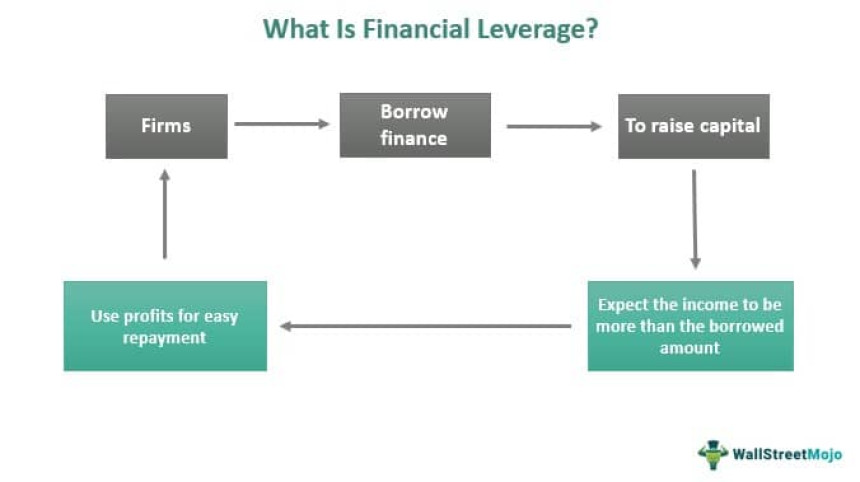
The Psychology of Borrowing: Smart Strategies for Loan Success
Understanding the psychology of borrowing can help individuals make informed and responsible decisions when taking out loans. Here are some smart strategies for loan success based on psychological principles:

1. Clear Purpose and Goal Setting:
- Clearly define the purpose of the loan and set specific goals for how the funds will be used. This helps ensure that the borrowed money is put to effective use.
2. Consider Future Consequences:
- Practice future thinking by considering how the loan will impact your financial situation in the long run. Evaluate whether the benefits outweigh the costs.
3. Evaluate Emotional Triggers:
- Recognize and manage emotional triggers that may lead to impulsive borrowing decisions. Avoid making decisions based on fear, stress, or excessive optimism.
4. Understand the Terms and Conditions:
- Take the time to thoroughly understand the terms, interest rates, fees, and repayment schedule of the loan. Avoid rushing into agreements without full comprehension.
5. Borrow Only What You Need:
- Avoid borrowing more than necessary. Borrowing an excessive amount can lead to financial strain and make it harder to repay the loan.
6. Consider Alternative Solutions:
- Explore alternative options, such as saving, budgeting, or seeking additional sources of income, before resorting to borrowing.
7. Avoid Relying on Debt as a Solution:
- Be cautious of using debt as the primary solution to financial challenges. Instead, focus on building sustainable financial habits and practices.
8. Plan for Repayment:
- Develop a detailed plan for repaying the loan, including a budget that allocates funds specifically for loan payments.
9. Avoid Borrowing from Multiple Sources:
- Minimize the complexity of managing multiple loans by avoiding borrowing from numerous sources simultaneously. This can help prevent financial overwhelm.
10. Maintain a Positive Mindset:
- Approach borrowing with a positive and proactive mindset. View loans as a tool to achieve financial goals rather than a burden.
11. Risk Assessment and Mitigation:
- Conduct a thorough risk assessment before borrowing, considering factors like interest rates, potential changes in financial circumstances, and the likelihood of repaying the loan.
12. Regularly Review and Adjust Financial Goals:
- Periodically review your financial goals and adjust your borrowing strategy as needed. This ensures that your borrowing aligns with your evolving financial situation.
13. Seek Professional Advice:
- Consult with financial advisors or credit counselors for expert guidance on borrowing decisions, especially for significant loans like mortgages or business loans.
14. Maintain Financial Discipline:
- Practice disciplined financial habits, including budgeting, saving, and avoiding unnecessary expenses, to support responsible borrowing.
15. Reflect on Past Borrowing Experiences:
- Learn from past borrowing experiences, both positive and negative, to make more informed decisions in the future.
By understanding the psychological aspects of borrowing and implementing these smart strategies, individuals can approach loans with confidence, responsibility, and a greater likelihood of success.





